'Pigswill. Slop. Not fit for dogs.' Is hospital food that bad?
- Published
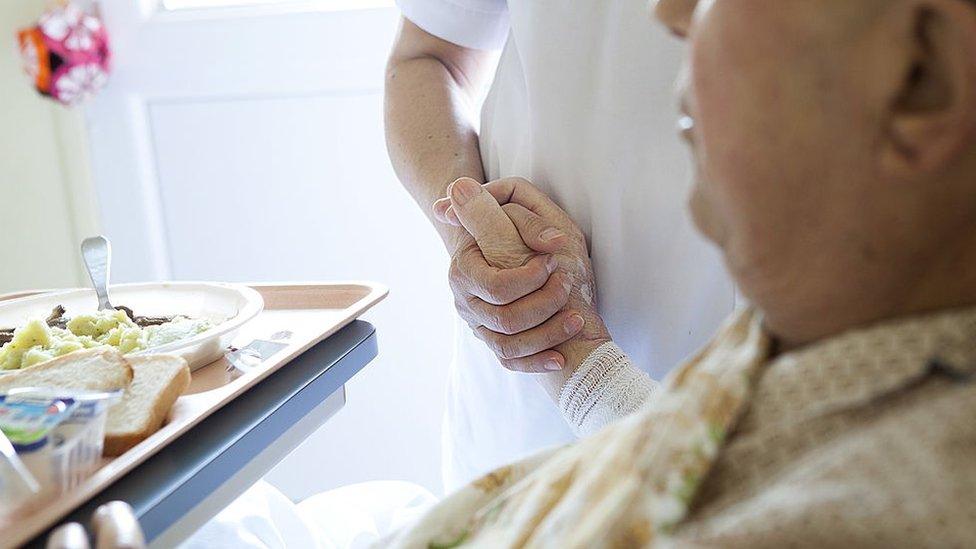
Pigswill, slop and not fit for dogs. These are just some of the comments the Campaign for Better Hospital Food has received over the years from patients to describe the meals served up in hospitals.
It goes to show how bad a reputation hospital food has - and news that pre-packaged sandwiches and salads may have given patients listeria has just reinforced those impressions.
Even many staff cannot stomach it, it seems. A recent poll by Unison, which represents nurses and health care assistants among others NHS staff, found more than half would not eat what they serve up to patients.
Sky-high satisfaction
But can it really be that bad? The Hospital Caterers Association (HCA) believes hospital food is an "easy target" and maintains there is actually a lot of high quality food out there despite the stereotypes.
North Bristol NHS Trust boasts seasonal menus, locally sourced beef, fish and cheeses, and sky-high satisfaction rates, while Calderdale NHS Trust also uses local producers and makes its own soup and bread on site.
Both are recipients of the Soil Association's Food for Life Served Here award, external. The award is one of a number of initiatives introduced over the years to drive up the quality of food served by the NHS.
It requires caterers to achieve certain standards, covering nutrition, staff training and ensuring that three-quarters of food served is freshly prepared.
But, for a variety of reasons, improvements have been hard to achieve.

How hospital catering works
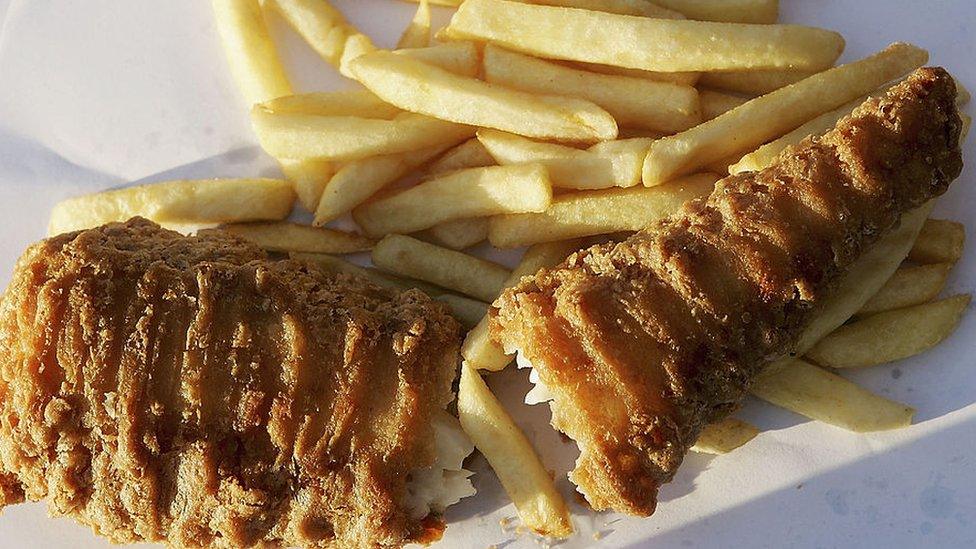
There is a mix of outsourced and in-house teams
Large hospitals will often have kitchens on site, whereas smaller ones are more likely to bring food in
Catering teams will generally offer three meals a day - breakfast, lunch and dinner - with snacks available throughout the day
Breakfast will typically involve a choice of cereals, toast, yoghurt and fruit
Hot meals are served at lunch and dinner with a choice of potatoes, rice and vegetables
Snacks, sandwiches and salads are also available

So far, only one in five hospitals has achieved the award - that compares unfavourably with schools where more than half have done so.
The education sector has clearly been helped by the attention generated by TV chef Jamie Oliver, but it's also true that hospitals face more complicating factors than schools.
While in schools there tends to be one meal served in one place, hospitals have to manage meals and snacks throughout the day and night and deliver them to patients who are spread across different wards, sometimes in old buildings that are difficult to navigate with trays of food.
What is more, patients may need help to eat their meals or have special requirements because of difficulty swallowing. Many hospitals have set aside protected meal times to ensure support is there.
Budgets are tight
But all this is being done at a time when budgets are tight - and that has made maintaining and improving standards difficult at times, according to the HCA.
In some places, as little as £3 to £4 a day is spent on meals per patient - and that includes staffing and equipment costs.
HCA vice-chairman Brian Robb says: "Catering budgets are not protected so where caterers have to make savings that, of course, has an impact on the quality of food."
He says a particular concern in the industry is what is known as the "last nine yards".
"Catering teams do not always have responsibility for delivering food to the patient. It is taken by other staff - and that is where quality control can be lost if it does not reach the patient quickly or is left a while before being eaten."
In fact, he believes that could be a factor in the listeria cases as pre-packaged food is at greater risk if it is not chilled.
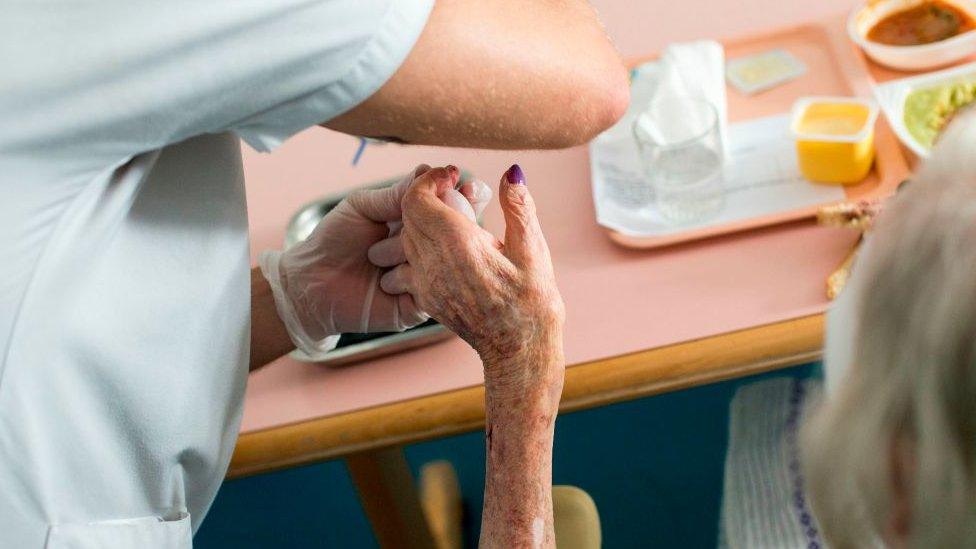
The HCA believes the answer to improving hospital food lies in ring-fenced budgets to protect catering spending from being squeezed as well as tougher standards - as yet there are no mandatory requirements governing the quality of food served by the NHS in England although a variety of options are currently being looked at in a consultation.
But any changes could now be delayed by the review ordered by Health Secretary Matt Hancock following the listeria cases.
Whatever happens, Dr Susannah McWilliam, who leads the Soil Association's work with hospitals, believes the issue needs to be taken more seriously given the importance of nutrition to recovery and concern about malnutrition - around a third of over-65s who are admitted to hospital are at risk.
"Food should be seen as an essential part of the care patients receive while in hospital," she says.
"That means good quality food that they are supported to eat. Anything less and we are failing patients."
- Published2 January 2019

- Published8 February 2017
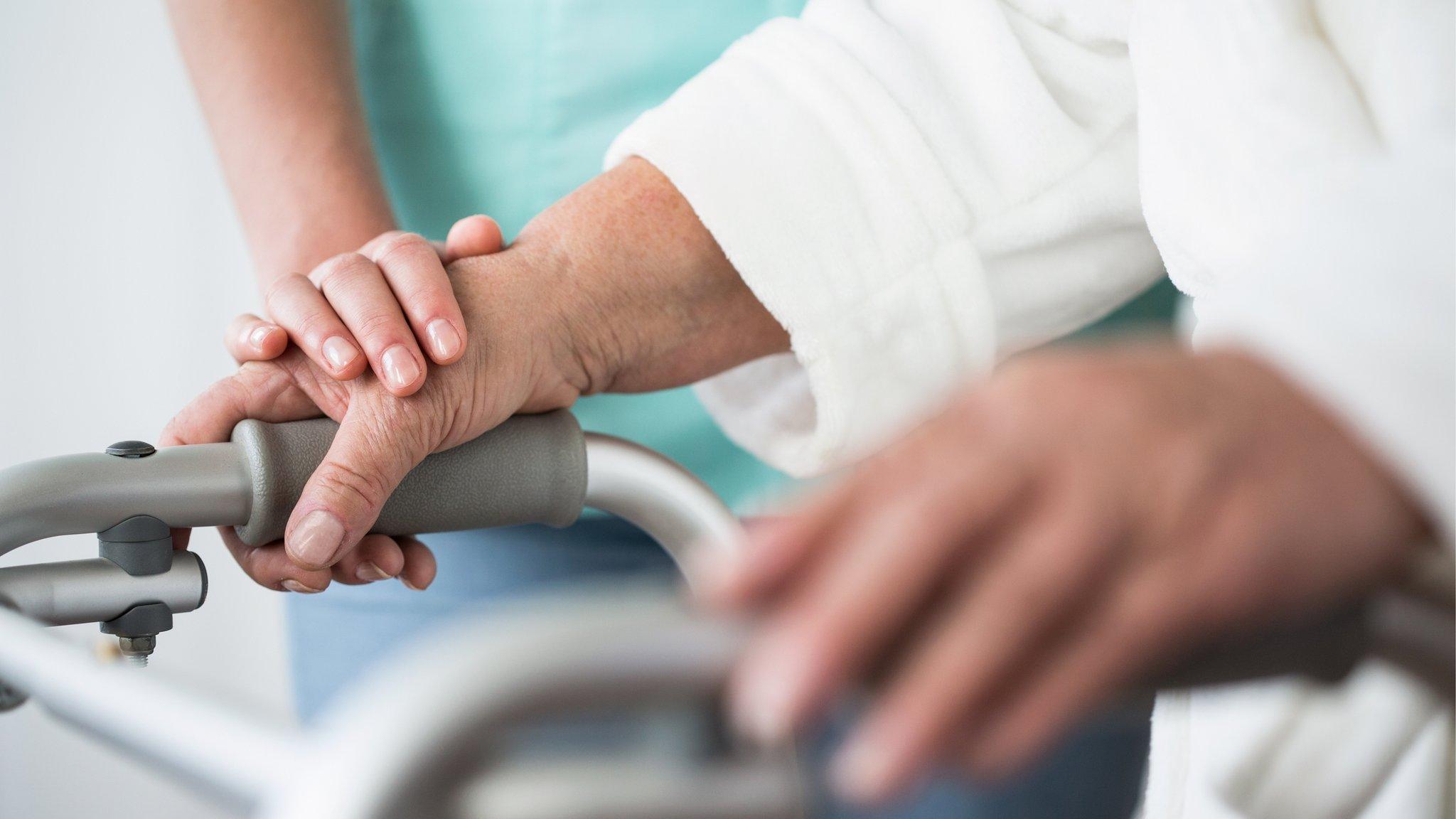
- Published8 February 2017

- Published6 January 2017
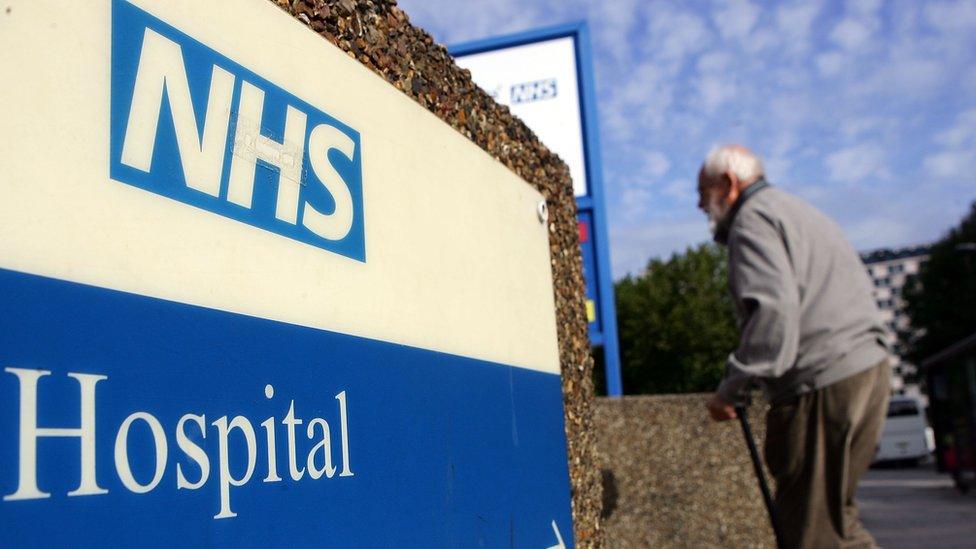
- Published12 December 2016
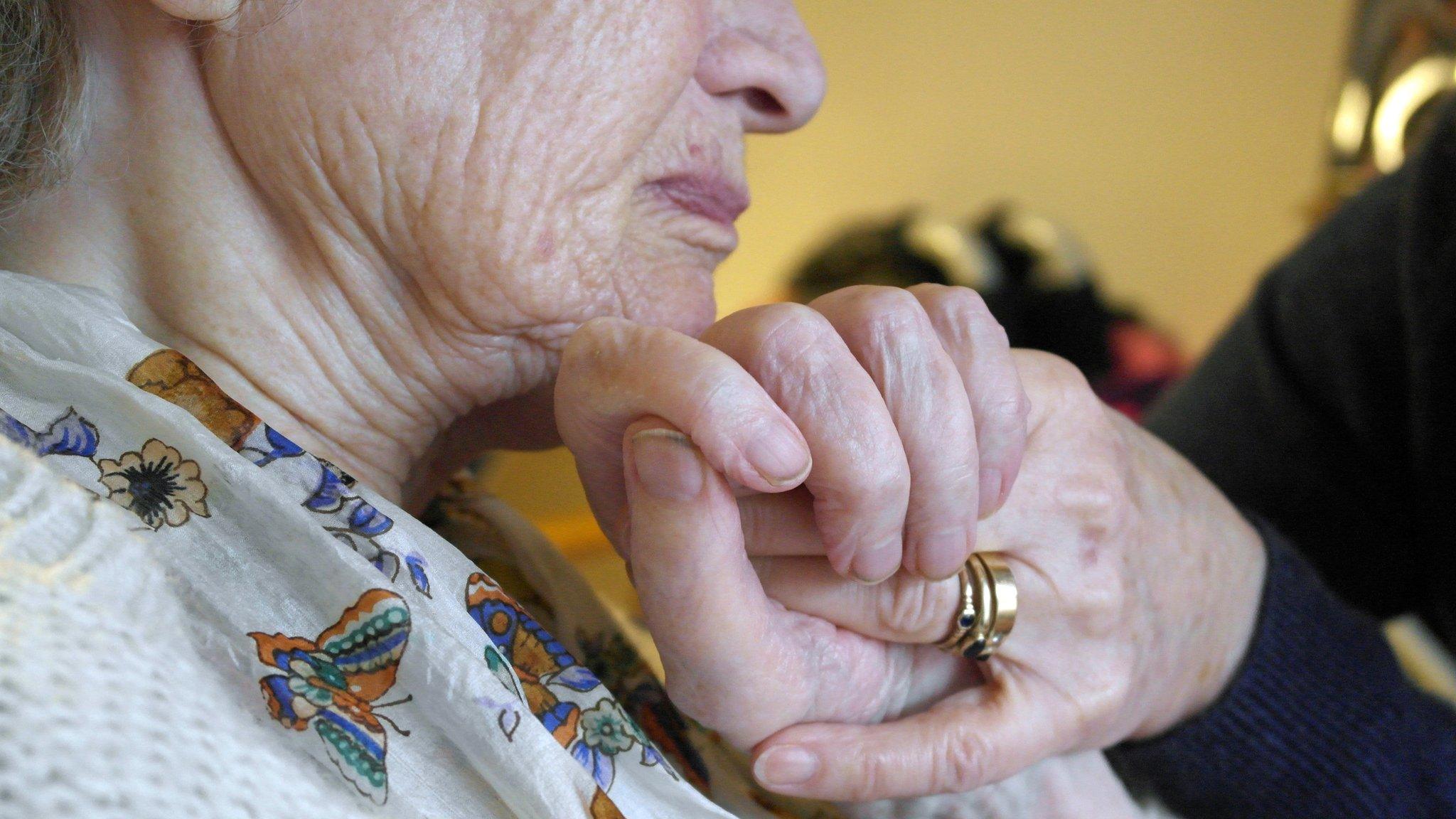
- Published13 September 2016

